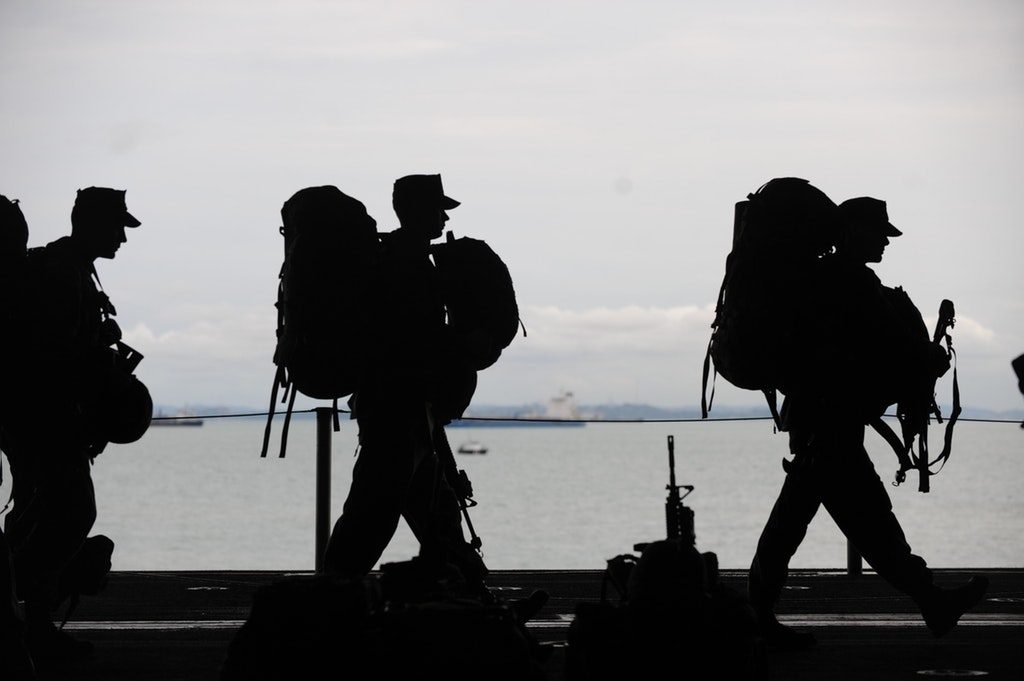6 Steps to Prepare for Your Upcoming Permanent Change of Station (PCS)

For military families making a permanent move, the process can be overwhelming, and often, families end up being disorganized throughout the entire process. Part of what makes such jobs difficult is the reality of continually having to pack and move every so often. With experience, however, moving becomes easier because families learn how to plan for such moves. Until then, it is imperative to consider certain issues with every permanent change of station (PCS). Since military families are rarely accorded the luxury of taking their time to pack, it is critical to have various pointers on how to make a move easier. This article explores six steps that one needs to prepare for a change of station.

1. Communicate Extensively With the Family
Often overlooked is the emotional drain that a PCS invokes on a family. Poor communication can elevate stress in a family. It is essential to communicate extensively with the children and spouse, both verbally and non-verbally. Frequent sessions with the family not only prevent a scenario where family members feel nervous but also enhance transparency in the entire process. Having a checklist can avert consistent questions from the family and thus mitigate stress.
Additionally, it is vital to do fun activities with friends and share your struggles about the expected move. Receiving encouragement from friends can be reassuring and can help to alleviate stress. Essentially, maintaining emotional balance throughout the process is paramount to ensuring a smooth move.
2. Understand Aspects about Your New Duty Station
Before making a move to a new station, it is only prudent to begin thorough research about the new base. It is imperative to assess issues that directly impact the quality of life at the new base. For example, it is essential to evaluate the quality of schooling, access to markets, how long it takes to get to different places, and facilities in different neighborhoods. Frequently, bases have orientation offices on online portals. The online orientation portals of the new station can provide crucial information including information about childcare, weather, or housing.
3. Be Cognizant of the Financial Implication of the Move
Research shows that families in the military incur up to $1,725 in non-reimbursable costs with every move. Cumulatively, that adds up to a lot of money if a family has to move several times. Therefore, it is critical to be cautious with finances. To relieve the financial stress associated with each move the military offers certain benefits. It is vital to consult the moving office on the issue of allowances entitled to the military officer during the move.
Additionally, families should always adhere to a budget when moving. If possible, it might be beneficial to eat at the hotel or in the new home and avoid visiting expensive restaurants. It is also cost effective to look for deals that could offer kids free meals.
4. Prepare to Document the Process
Documenting the entire process is critical as it helps one avoid the likelihood of losing the property. Taking photos of household items and possibly making an inventory can help one keep track of all household items. Additionally, it is essential to keep a private suitcase for a personal itinerary for each family member. For example, one should put aside a personal suitcase for private and confidential documents such as marriage certificates, passports, military ID, immunization, and birth certificates.
Further, it is not always possible to unpack everything on the first day. This could be because one might have expended significant energy during the move. Therefore, the inventory makes it easy to unpack with time.
5. Have Savings to Take Care of Miscellaneous Expenses
Whether a family decides to rent or buy a home in the new station, it is highly likely that a significant amount of money will go towards unexpected expenses such as insurance, pet fee, or utilities. In regards to buying new homes, certain overlooked costs include down payments, insurance, closing costs, and inspection costs. Such costs are often overlooked and thus deplete disposable income to a significant extent. It is vital to have substantial savings for such costs and factor them into every move.
6. Plan for a Period of Temporary Income Loss
If a spouse of a military family works outside the home, then it is likely that the move will mean the loss of income temporarily. Consequently, it is critical to prepare for such a situation by researching new companies, updating resumes, and forming networks with potential employers. At times, there are open positions at the new station and one can take advantage of such opportunities to get back on one’s feet. In the meantime, it is only practical to save money where possible and adhere to a budget.
